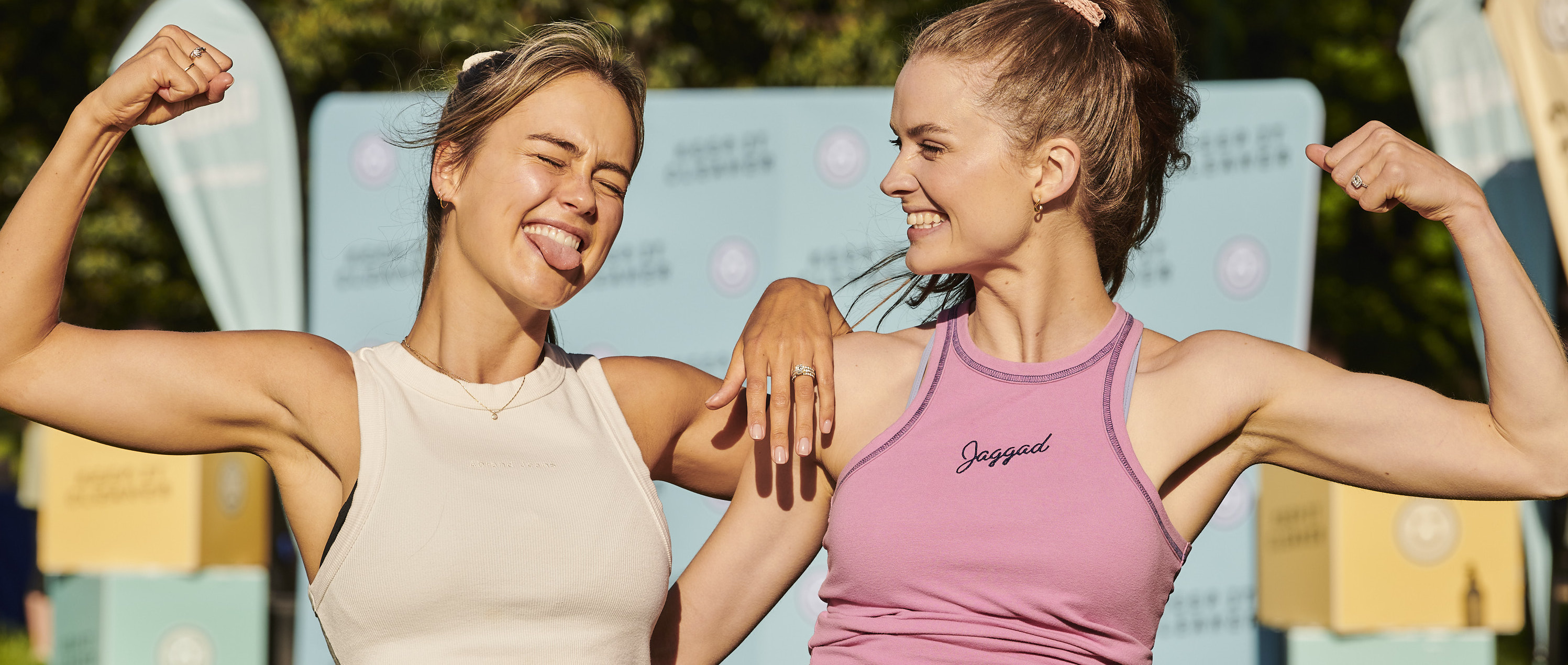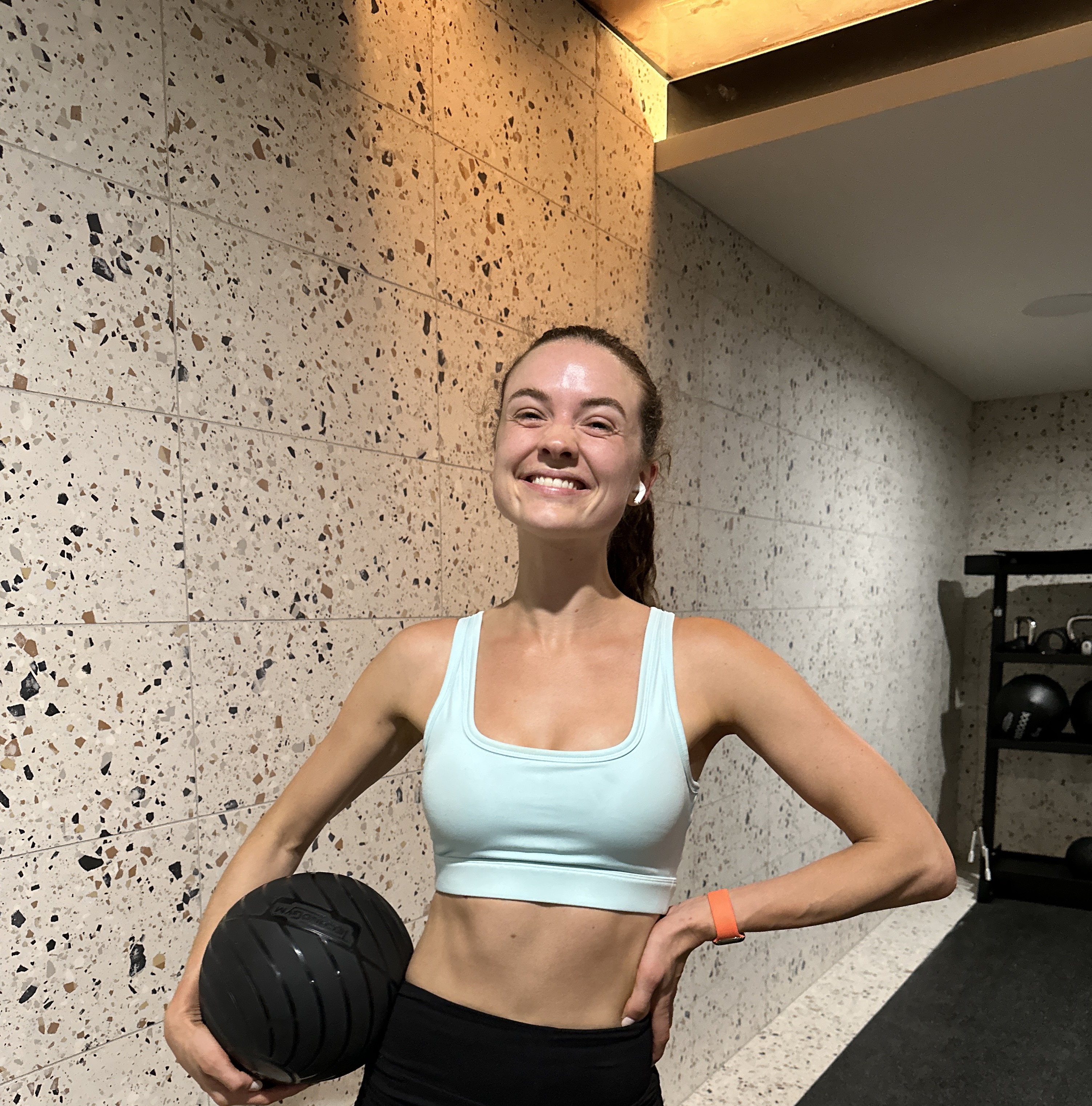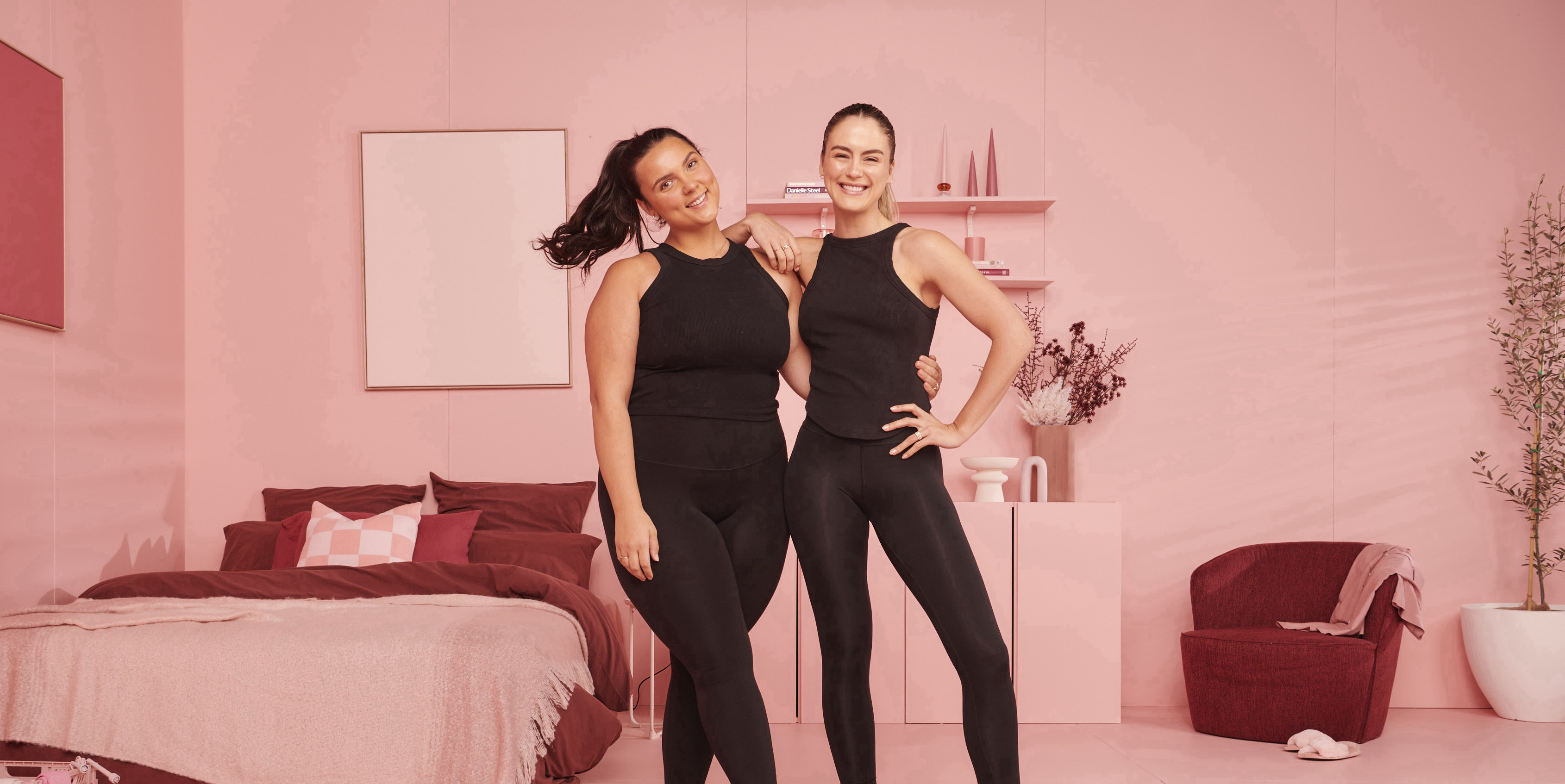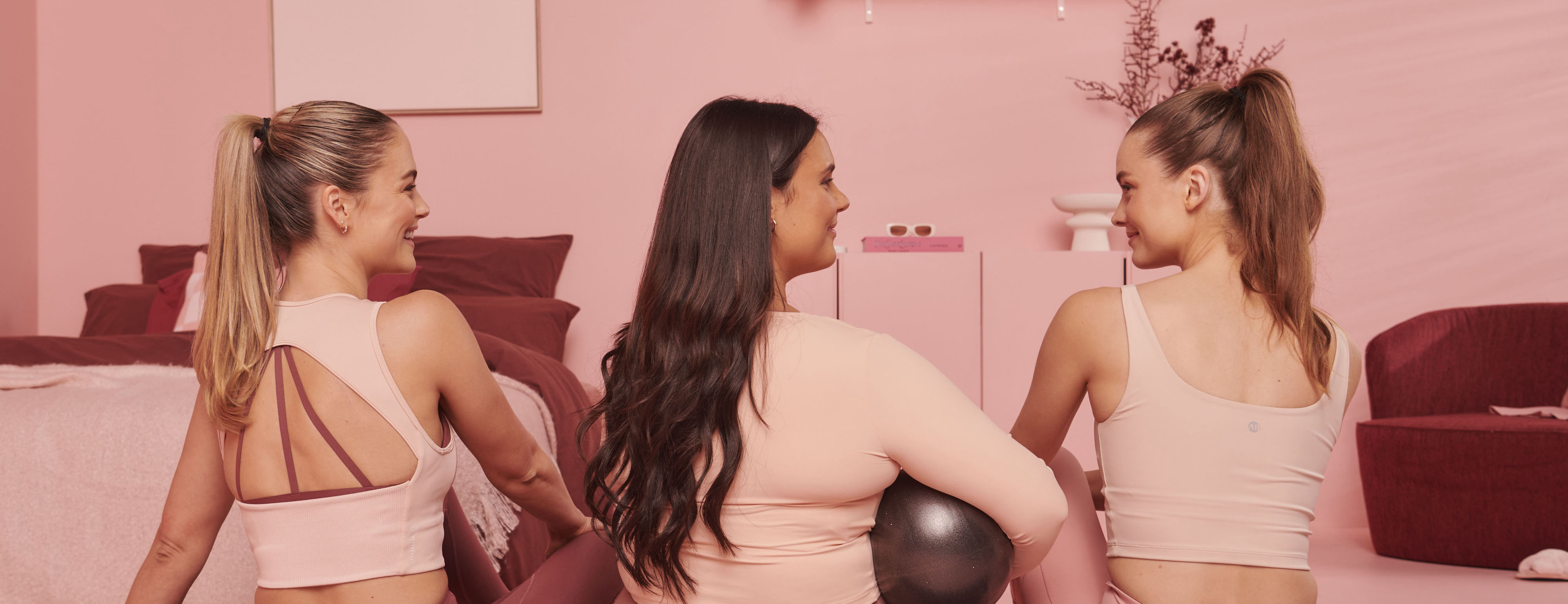Why low impact workouts are so important to support your running!
Have you ever questioned whether you should be complementing your runs or your HIIT sessions with low impact workouts? Well, our friends at Upwell Health Collective and the Senior Physiotherapist and Clinical Pilates Instructor, Alana Murrihy, has joined the conversation and shared her expert advice!
Here’s Alana!
If you love to run, it’s important to include variety into your workouts – this will help you gain strength, improve endurance, run faster, and importantly, increase enjoyment! Because running is such a high impact exercise, we recommended complementing your KICRUN program with a low impact workout like Pilates.
Running is great for improving cardiovascular fitness, muscular endurance and strength, but when practised alone can lead to niggles and injuries as the joints are placed under a lot of stress.
Low-impact exercise such as pilates, which incorporates strength and mobility exercises, will not place the body under additional stress while being able to target the muscles that are important for runners.
Improved strength and neuromuscular control
Pilates is an excellent way to promote the development of muscle strength, endurance and neuromuscular control, without placing high load through the joints. Pilates can target the stabilising muscles of the hips, back, abdominals, shoulder and neck, which are all essential for running. Strong abdominals and hip stabilising muscles will reduce any excess stress being placed on the lower back or through the legs while running, while learning how to correctly engage the muscles around the neck, shoulders and back will allow for a more upright running posture and promotes upper body relaxation while running.
Improved strength, endurance and control will also help to maintain sound running gait biomechanics, especially when under fatigue. And as pilates places such a large emphasis on the mind body connection, strengthening your body in this way will also help you to tune into your body and increase your awareness of how your body is feeling and moving while you are running. Having increased body awareness and the ability to maintain running form will help you to run more comfortably, quicker, and for longer!
Improved mobility
Appropriate joint mobility, particularly around the hips and the legs, is essential for an efficient running gait. Pilates improves muscle length by moving the joints through range, and applying stretch and length to shortened muscle groups. For example, runners are particularly prone to tight hip flexors, which in turn will inhibit stride length. By improving hip mobility, this will allow for a more fluid running pattern and an increased stride length will be achieved more easily.
Due to the mind-body connection that pilates offers, you will also be more in tune with your body and better able to interpret when and where your body is feeling tight and what it needs. Training a deeper understanding between your mind and body will allow you to know when it is time to rest and when it is time to push the pace!
Injury prevention
Pilates will help to identify and correct any potential imbalances in muscle strength, flexibility and endurance, which may put you at risk of injury if not addressed. By strengthening the muscles throughout the legs, pelvis and abdomen, pilates will help to reduce the load on your joints while running.
Tuning into how your body is moving throughout your Pilates classes will also help to improve neuromuscular control – this is essentially how your brain and your nervous system tell the body what to do. Improved control allows for the correct muscles to engage at the correct time, and this will transfer across to your running gait, in turn preventing niggles or injuries. This is why KIC’s new Mind & Body Pilates Masterclasses are perfect supplementary workouts to support your running or high impact sessions.
Improve breathing control
Mind & Body Pilates places a strong emphasis on synchronising the breath with movement, and promotes a strong mind-body connection. Learning to coordinate your breathing with Pilates movements will translate to being able to better control your breathing during running. Being in control of your breathing during your KICRUN sessions will improve your focus and allow the diaphragm to fully expand. This allows for increased levels of oxygenation through your bloodstream, which improves endurance and slows the onset of fatigue.
Enhance recovery
Low-impact exercises will help to promote mobility and blood flow through the muscles. This can help to relieve muscle tightness and soreness which can commonly occur after a run, without adding to the post-exercise fatigue. Adequate rest is also essential for optimising recovery, as our body best recovers and repairs muscle tissue while we are sleeping. One of the best ways to improve sleep quality is to ensure that you are giving yourself adequate down time to recharge each day, as this promotes parasympathetic nervous system function (“Rest & Relaxation”), and reduces the output from our Sympathetic Nervous System (“Fight & Flight”).
KIC’s Mind & Body Pilates is the perfect way to combine mindfulness with gentle movement, and maximise your recovery in all aspects between running workouts.
New to KIC? Join today with our 7 day free trial!
You might also like

- Blog
- FITNESS
Congratulations on completing the 5km KICRUN program! What a massive achievement. If you’re wondering ‘well, what now?’ We spoke to Hannah from Upwell Health about how you can continue to develop your running!

- Blog
- FITNESS
Ever wondered about the true health benefits of High Intensity Interval Training (HIIT), or why we feel SO good after a seriously sweaty session? The experts at Upwell Health Collective are here to explain!

- Blog
- FITNESS
Feeling like your mind is all over the place? A bit anxious or stressed? Like you’re struggling to block out the noise and stay focused? Well Christina, our expert Master Trainer, is here to lend a helping hand.


